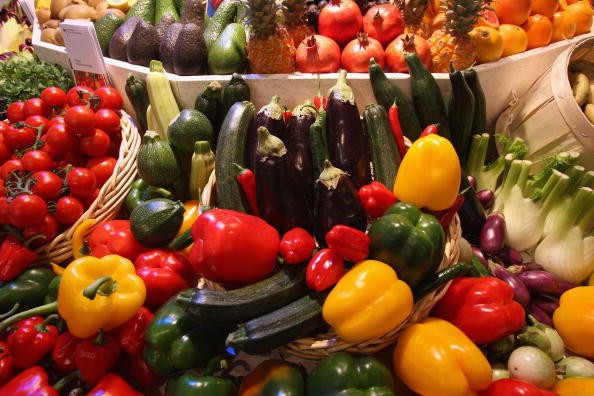
The Food and Drug Administration has issued new rules that are designed help prevent large-scale outbreaks of deadly foodborne illnesses like those that have been linked to fresh spinach, cantaloupes, cucumbers, and other foods. These rules include requiring the training of workers to properly wash their hands, monitoring irrigation water for harmful bacteria, and ensuring that animals do not leave droppings in produce fields.
FDA will now have new oversight over how food is grown on farms. The rules will be phased in over the next several years.
Most farmers and food manufacturers already follow good safety practices, but the new rules are intended to give a greater emphasis on preventing problems rather than reacting to them after large outbreaks. According to the Centers for Disease Control and Prevention, an estimated 48 million people are sickened each year from foodborne diseases, and an estimated 3,000 people die. This translates to 1 in 6 people in the United States
The FDA also released rules that will require food importers to be more accountable for the safety of the products they bring into the U.S. market.
Major outbreaks of diseases have been linked to produce in recent years. In 2006, E. coli in fresh spinach was linked to several deaths, including that of a 2-year-old. The cause may have been contaminated irrigation water. In a recent outbreak of illnesses linked to cilantro imported from Mexican, American investigators found human feces in the fields where it was grown.
The FDA has never had such broad authority to oversee how food is grown on farms. The rules were approved by Congress in 2010, but the agency has haggled over how to write them since then. The FDA originally proposed the produce rules in 2013, but some farmers said they would be too burdensome and the rules were rewritten. The 2010 law gave the FDA authority to shut down unsafe facilities.
The regulations are written so that they cover foods and growing methods that pose the greatest risk, such as foods that are usually eaten raw and those more prone to contamination.
FDA has asked for an extra $109 million to implement the food safety law.



